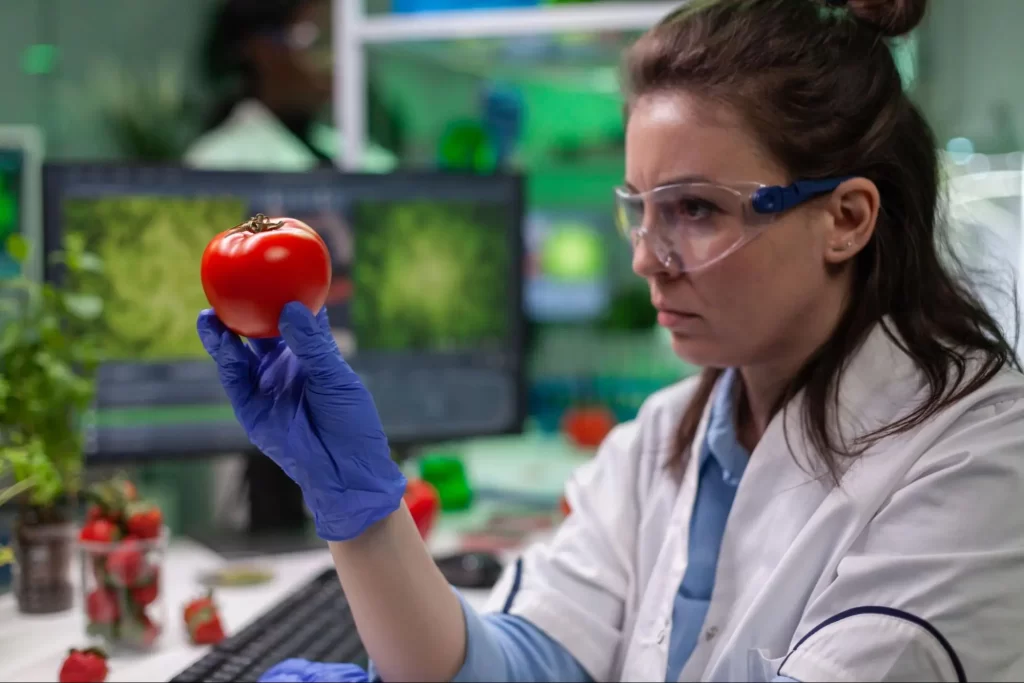Food Safety and Quality Assurance (FSQA)

Food Safety and Quality Assurance (FSQA): Everything You Need to Know
9/16/2025 5:16 PM
Food safety and quality assurance (FSQA) is the heart of an effective food system. Giving assurance that food is safe, nutritious, and of prescribed quality. FSQA is not only a compliance tool for food businesses, but it also creates consumer trust and ensures sustainability.
What is Food Safety and Quality Assurance?
Food safety and quality assurance (FSQA) combines two key objectives: keeping food safe from any method of contamination and maintaining a high standard of quality.
Safety is preventive and protects against microbes, chemicals, or foreign objects. Meanwhile, quality deals with the physical appearance, flavor, and feel of food, which consumers perceive as intended. Together, they both protect the interests of consumers and businesses.
Why is FSQA Important for Food Businesses?
Without food safety and quality assurance (FSQA), businesses risk recalls, litigation, and damage to their reputation. Consumers may demand transparency and accountability more than ever. Having strong FSQA practices helps companies in various aspects, such as:
- Preventing costly recalls and fines
- Create customer loyalty
- Complying with regulations
- Construct brand image
Hence, the business takes it seriously so that they secure longevity and trust in the food industry.
How Do Companies Ensure FSQA?
Companies maintain proper food safety and quality through well-established programs, technology implementation, and good employee training. Here are some of the things to make it so:
- Hazard Analysis: This step identifies potential hazards at all stages of food production. By working on an early start in detecting trouble, a company can avoid safety concerns from growing.
- Critical Control Points (CCP): These are the stages in a process where hazards are most likely to occur. By closely monitoring these points, risks can be reduced, and safe operations maintained.
- Good Manufacturing Practices (GMPs): GMPs are about precise cleanliness and uniformity standards. They help workers handle food in an orderly manner and maintain production standards.
- Regular Tests and Audits: Frequent checks ensure processes comply with safety rules and reveal areas for improvement.
- Digital Tools: Software monitors, records, and analyzes FSQA’s activities. This reduces manual errors and ensures easier compliance for any business.
Organizations that invest in a well-defined food safety culture are less prone to incidents and recalls than those that focus on safety for compliance solely.
What Role Does Technology Play in FSQA?
Technology changed the FSQA landscape. Software solutions automate record maintenance, compliance checks, and real-time risk detection, allowing food companies to maximize operational efficiencies while keeping safety intact.
For example, Jadian’s quality management systems offer companies tools to manage inspections, issues, and compliance. In addition to eliminating manual errors, the solutions can streamline daily operations.
Did you know? Companies are using FSQA software to save their time in audit preparation. The software tends to take away the stress that comes from manual paperwork. In parallel, money and resources are being saved.
How Does FSQA Benefit Consumers?
The food safety and quality assurance (FSQA) system gives peace of mind by ensuring every product is safe, reliable, and trustworthy.
- Safe to Eat: FSQA minimizes the possibility of foodborne diseases and gives the consumer a sense of confidence, as it protects food from harmful microorganisms such as bacteria, chemicals, or physical foreign objects.
- Fresh: It ensures the food remains fresh, tasty, and uniform. Also, buyers know that they will get the same standard every time they purchase.
- Ethically sourced: FSQA proves fair and transparent production processes, making consumers feel good knowing that the food they consume is sourced from responsible and honest sources.
According to the World Health Organization (WHO), approximately 600 million people worldwide are affected by foodborne diseases annually. This results in an annual loss of over 110 billion dollars to countries in terms of healthcare costs and productivity losses.
Overall, FSQA assures customers of what they eat and the brands they are launching.
FAQs
What is the difference between food safety and food quality?
Food safety protects you from any harm from food. Food quality is in the way food tastes, feels, or looks.
What is a critical control point (CCP)?
A CCP is any step in food production where hazards might be prevented, eliminated, or reduced.
Why do companies invest in FSQA software?
Software helps simplify compliance procedures and decrease errors while allowing companies to monitor in real time.
Who lays down the laws for FSQA?
The FSQA is regulated by the FDA (United States), EFSA (Europe), and national agencies.
When should FSQA audits take place?
Audits are usually carried out annually. However, for risky operations, more frequent audits may be required.
Takeaway
The FSQA is not just a regulatory requirement; it has served as the backbone for both consumer trust and business success. Ensuring that products are safe, of quality, and consistent is one step toward securing not just marketability, but also longevity.
Given the current competitiveness of food production, being proactive in food safety and quality management is essential. Safe food isn’t just a standard—it’s a promise of quality that keeps trust on the table.

